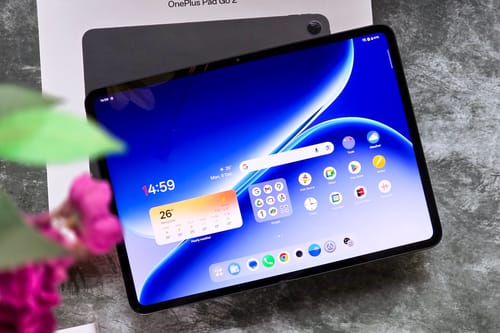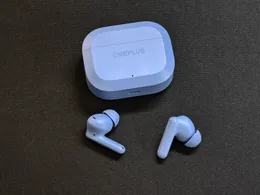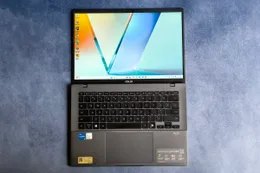
OnePlus Pad Go 2 Review: The Android tab that replaces your phone
The OnePlus Pad Go 2 is a ridiculously good value tablet with Dolby Vision, a beast of a battery, and a reliable software experience. But its superfast 5G is what makes it the most desirable.






